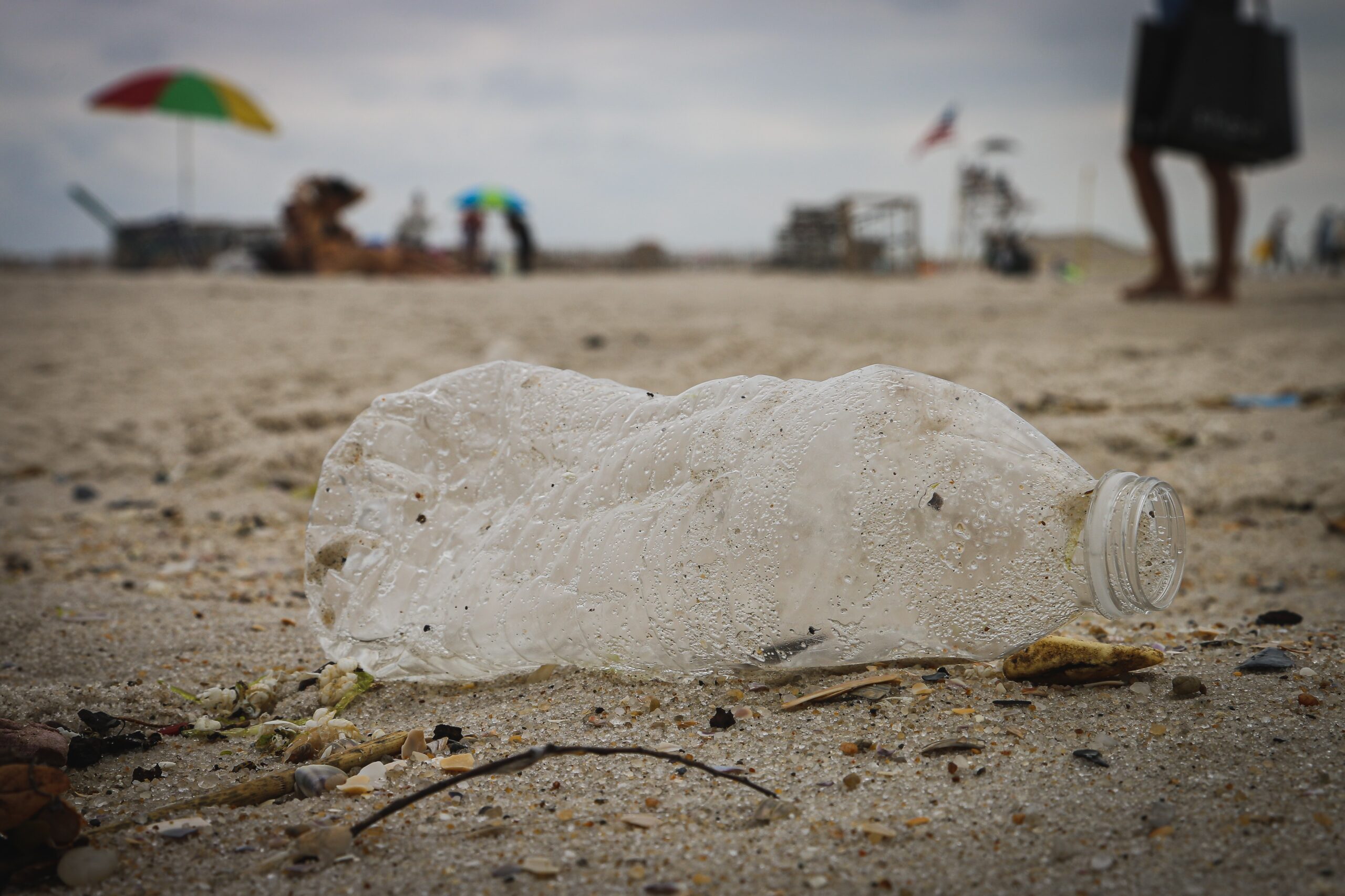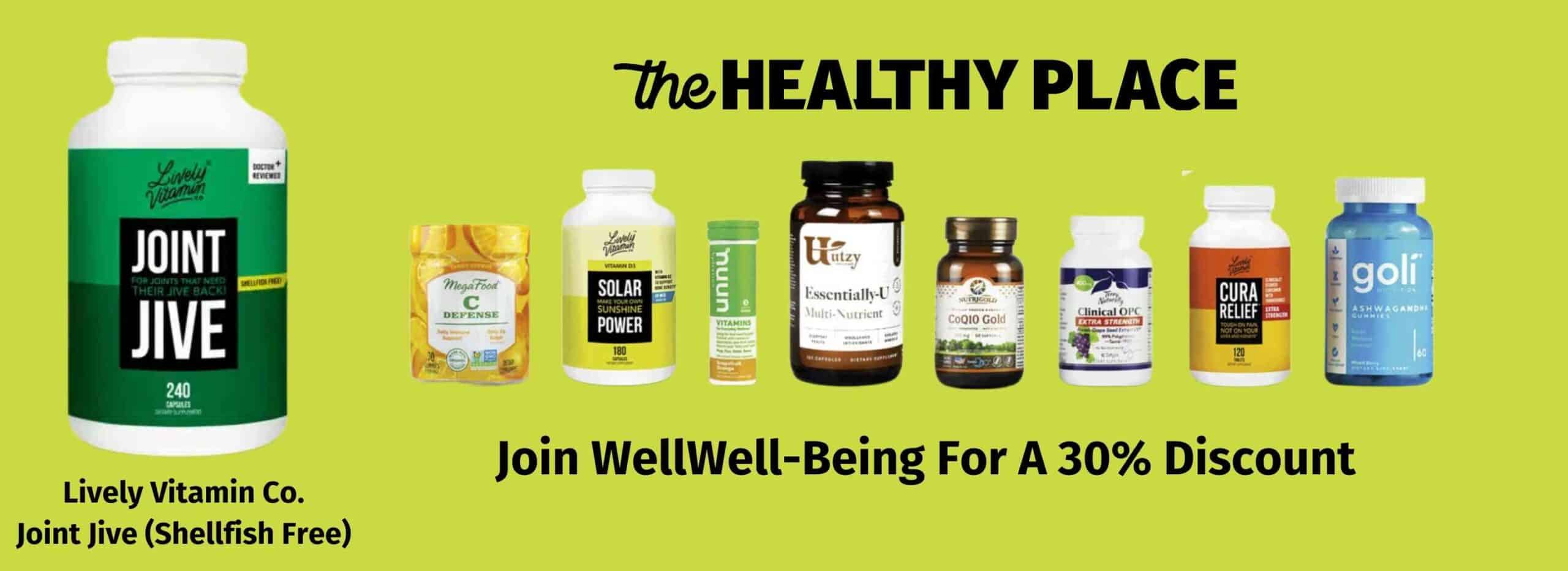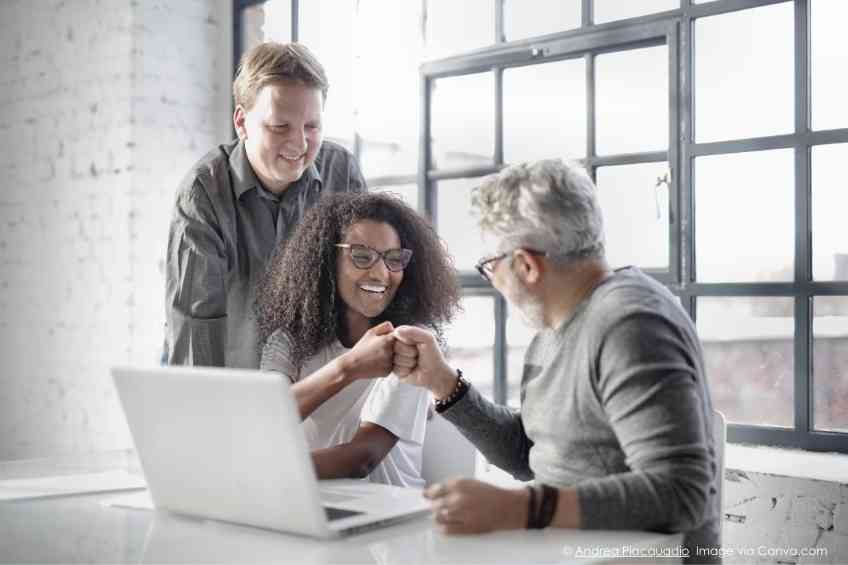There’s no denying that we’re in the midst of a critical period for planet Earth. The crisis is so severe that many warn if action isn’t taken soon, well, Earth as we know it could be facing its last period. Higher global temperatures, melting ice caps, rising sea levels and unprecedented weather systems all exemplify the detrimental impact global warming and climate change are having. Luckily, some of this planet’s youngest seem to be most poised and dedicated to taking on the challenge. Hannah Testa personifies this group. It’s difficult not to be impressed by her activism, intelligence and passion. It’s especially mind-boggling because she’s yet to graduate high school. Ms. Testa, not surprisingly, is something of a very young old hand. In fact, she’s been fighting against pollution, specifically of the plastic variety, since she was 10. WellWell recently spoke with her about the impacts of plastic pollution, its unique challenges and how her generation is gearing up to face and fight climate change.
What are the unique impacts of plastic pollution and the importance of limiting single-use plastics?
A big one is that plastic is actually made from a fossil fuel, it’s made of oil. There’s already so much plastic in our oceans and it’s just another form of an oil spill. Unfortunately, we aren’t reacting to it like an oil spill. These plastic pieces are easily ingestible for animals. Plastics also entangle animals, harming many marine species and sea birds. The problems don’t stop there. Plastics also pose a threat to our own health as it intrudes into our drinking supply and seafoods. Worldwide, humans now eat around 5 grams of plastic a week, which is scary. That’s basically a credit card.
Why do you think there’s such a backlash towards limiting our use of plastics? For example, WellWell is based in Hoboken, New Jersey and a couple years ago, the city enacted a policy against plastic bags, charging customers for their use. People are still upset about it.
There are a few reasons. One is that we’re so used to it and we’ve been told for so long that plastic is such a good product – it’s cheap, it’s convenient and it’s something that we can just throw away after we use it. But that’s why plastic is a huge problem. It’s that we use it for just a few minutes and then, when we throw it away, it outlives us. Plastic can live on our planet for hundreds and even thousands of years even though it has such a short lifespan of use. Then there’s the plastic industry. They don’t like seeing that people are becoming more aware of the harm plastics can cause and the policies being enacted to reduce the amount of plastic being used. So, a lot more lobbyists from the plastic industry are showing and speaking up against these reforms and legislation.
You mention that plastics can outlive us and have a tendency to pile up. What impact does that have on the earth?
Really, plastic pollution and climate change are the same issue. Again, plastic is made of fossil fuels and fossil fuel use causes climate change. We’re not trying to stop plastic use altogether, which I think is often misinterpreted. Plastic isn’t a terrible product. Since its main use after World War 2, it’s become surrounded in our everyday lives. It’s used in aviation, in the medical industry – it saves lives, it sends people to the moon. But we have to limit it, especially single-use plastics. When we use a plastic bag once then throw it away, it has such a lasting impact. It’s single-use plastics that are the big problem that we really need to divert away from.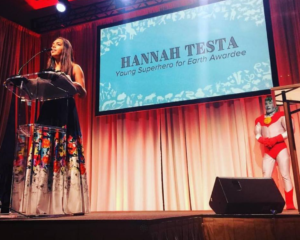
We’re at this point right now in this country where we seem to have two groups of people. The ones who understand pollution and climate change are huge issues that we need to combat. Then you have those who think that it’s complete nonsense. How do you bridge this gap, change that mindset and try to convince people to trust science?
It can definitely be frustrating. It’s especially hard here in Georgia. I’m in the suburbs and I definitely come across a lot of people who don’t believe in climate change or don’t really understand plastic pollution is a problem. But when I have conversations with people, I try to make it and keep it as a conversation. I don’t want to make it an argument or debate. That’s when people start to shut off and stop listening. In most cases, it’s just a lack of awareness or education. If you can get them to really listen, you can get them to start understanding.
You started a nonprofit, Hannah4Change, that influenced global businesses to adopt more sustainable practices and helped limit state use of plastics, all while you were still in high school. And you’re not the only young climate warrior. Greta Thunberg, for example, won Time’s person of the year last year at age 16 for her work with climate change. Why has this generation been so passionate and willing to act?
I think now more than ever you see so many young people speaking up on issues, especially environmental issues, because we’re sick and tired of being pushed in a corner and being silenced. Not to mention, issues like plastic pollution and climate change, they’re very time sensitive. By the time we’re old enough to be in positions of power, it’s going be far too late. Too much damage will be done to turn things around by then. Right now, with those in power, there’s just such a lack of responsibility and accountability for these issues. It’s a lot of talk and no action. It’s really frustrating, especially because it’s our future they are playing with. We didn’t have a seat at the table for these conversations so now we’re pulling up a chair, we’re bringing our own megaphones and making sure that we have our voices heard.
A lot of people tend to feel overwhelmed by climate problems like global warming. What are manageable changes or actions individuals can take to help combat pollution and climate change?
There are actually quite a few things that people can do. A big one is to substitute single-use plastics with more sustainable alternatives. For example, instead of buying plastic water bottles, refill a reusable bottle. Another easy one, stop using plastic bags and use your own reusable bags. Simple changes like those can go a long way.
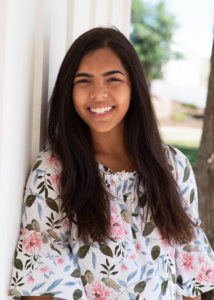 About Hannah Testa
About Hannah Testa
Hannah Testa is a sustainability advocate, international speaker, author, politico, and founder of Hannah4Change, a non-profit dedicated to fighting several issues that impact the planet. Her first book, Taking on the Plastics Crisis is currently available for pre-order.
Learn More At Hannah4Change.org

